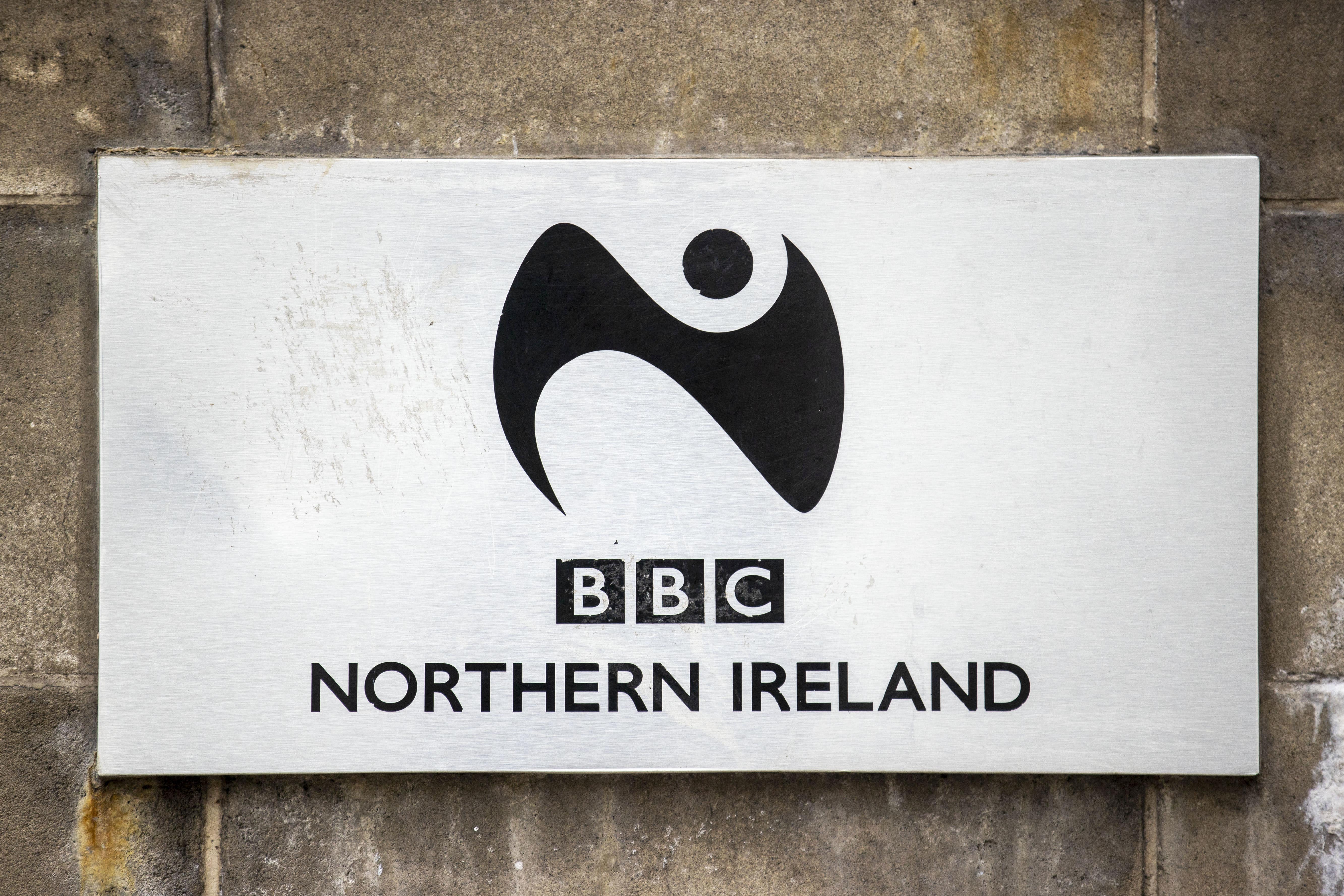Former BBC journalist ‘spied on by police’ in Northern Ireland
Vincent Kearney, who made a 2011 documentary investigating independence of Northern Ireland’s police watchdog, says he is determined to find out what happened

Your support helps us to tell the story
From reproductive rights to climate change to Big Tech, The Independent is on the ground when the story is developing. Whether it's investigating the financials of Elon Musk's pro-Trump PAC or producing our latest documentary, 'The A Word', which shines a light on the American women fighting for reproductive rights, we know how important it is to parse out the facts from the messaging.
At such a critical moment in US history, we need reporters on the ground. Your donation allows us to keep sending journalists to speak to both sides of the story.
The Independent is trusted by Americans across the entire political spectrum. And unlike many other quality news outlets, we choose not to lock Americans out of our reporting and analysis with paywalls. We believe quality journalism should be available to everyone, paid for by those who can afford it.
Your support makes all the difference.The BBC has launched a legal process over claims that one of its investigative reporters in Northern Ireland was spied on by police.
The broadcaster said its lawyers had written to the Investigatory Powers Tribunal about the alleged surveillance of former BBC reporter Vincent Kearney, who made a 2011 documentary probing the independence of Northern Ireland’s police watchdog.
Mr Kearney's Spotlight programme The Whistleblower and the Watchdog looked into allegations that the police ombudsman’s independence had been compromised and that complaints of collusion lacked proper investigation.
After the programme was broadcast, the then-ombudsman Al Hutchinson denied that his investigations lacked independence but announced his resignation.
Mr Kearney said he was determined to find out what happened and believed that the Police Service of Northern Ireland could have been attempting to identify his sources.
He is currently the Northern Editor at RTE.
A BBC spokesperson said: “We have instructed lawyers to write to the Investigatory Powers Tribunal about the alleged PSNI surveillance of telephone data linked to the work of Vincent Kearney during his employment with the BBC.
“We think that serious issues of public interest are involved, including in relation to the adverse effects that surveillance may have on journalistic investigations and freedoms.”
The Police Service of Northern Ireland told The Independent: “As legal proceedings are ongoing it would be inappropriate to comment.”
The allegations emerged from another case that is under examination by the Investigatory Powers Tribunal. It concerns allegations that two other investigative reporters working in Northern Ireland have been subject to unlawful covert surveillance by police.
Barry McCaffrey and Trevor Birney were controversially arrested in 2018 as part of a police investigation into the alleged leak of a confidential document that appeared in a documentary they made on a Troubles massacre.
The Police Service of Northern Ireland later unreservedly apologised for how the men had been treated and agreed to pay £875,000 in damages to the journalists and the film company behind the documentary.
In 2019, Mr Birney and Mr McCaffrey lodged a complaint with the tribunal asking it to establish whether there had been any unlawful surveillance of them.
The tribunal is also investigating two other instances of police surveillance against Mr McCaffrey in 2013 and 2011. It sat for a brief hearing in February and is due to resume its work later in the year.
“Journalists must be free to carry out their work without fear that the police may secretly try to identify sources and I am determined to find out what happened," Mr Kearney said in a statement.
Last month, the police service delivered a report on the surveillance of journalists and lawyers to its oversight body, the Northern Ireland Policing Board.
The document on surveillance practices will not be made public.
Additional reporting by agencies